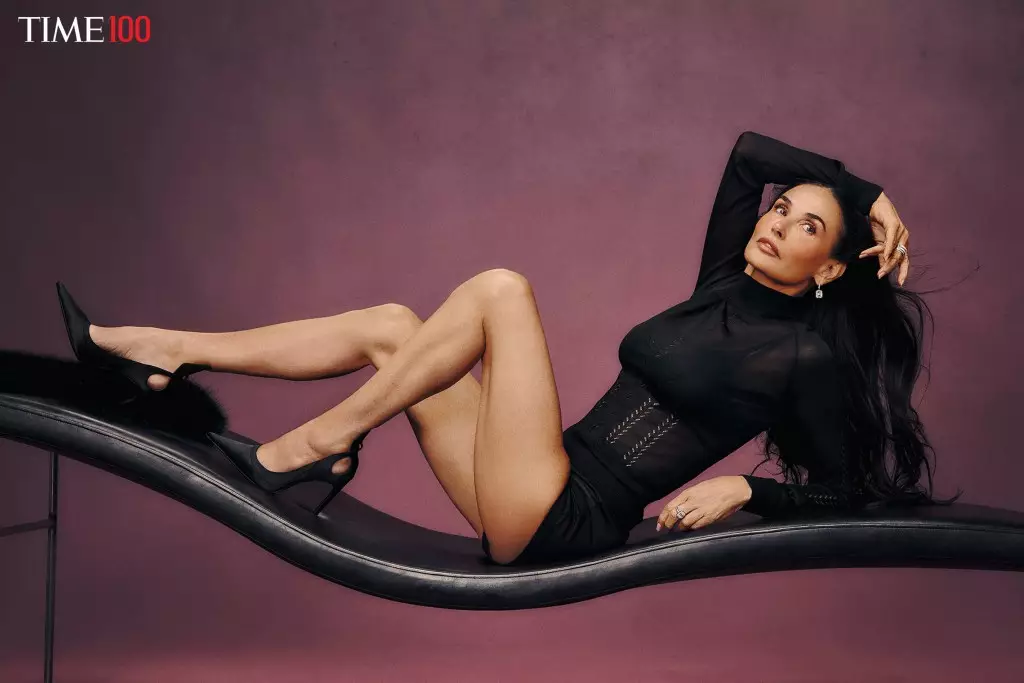Time magazine’s annual list of the 100 most influential people has become a veritable showcase of power, influence, and celebrity. This year’s lineup is replete with notable figures from the entertainment industry, including the likes of Demi Moore, Snoop Dogg, and Scarlett Johansson. While the inclusion of these names may generate buzz, it’s crucial to question the criteria by which influence is measured and the socio-political contexts that underpin it. Is it merely fame that catapults one onto such lists, or is there a deeper, perhaps more troubling, narrative at play?
A Celebration or a Distraction?
The list features a diverse assembly of individuals, encompassing entertainers, athletes, and media personalities. But is this diversity as meaningful as it appears? For instance, while we laud the inclusion of talented artists and actors, one must ponder the impact of privilege and access on their placement. Many of these figures exist in a bubble of affluence, where their influence stems from their ability to attract eyeballs rather than promote meaningful change. In a world facing multiple crises—from climate change to political instability—do we really need another article celebrating the prowess of Ed Sheeran or the charm of Lorne Michaels? A glitzy event reeking of elitism seems like a distraction from the pressing societal issues that go unaddressed.
The Problem with Influence
Moreover, the Time100 list highlights a troubling trend where media figures like Mark Zuckerberg and Elon Musk repeatedly dominate the conversation around influence. Their repeated acknowledgment can lead to a warped perception of impact, where the loudest voices drown out those who are perhaps more deserving but less well-known. This perpetual cycle suggests a broader societal issue: the glorification of wealth and celebrity, often at the expense of grassroots movements and underserved communities. By elevating influencers who primarily represent corporate interests, we inadvertently sideline those who could stimulate meaningful dialogue and drive real change.
Reflections on Representation
The guest contributors tasked with writing about these influencers—Shonda Rhimes on Ted Sarandos, Chris Evans on Scarlett Johansson—may offer a unique insider’s perspective, yet they also perpetuate a system of exclusivity. While their narratives may be well-intentioned, they risk romanticizing the power dynamics involved, potentially obscuring the reality that many people struggle just to have their voices heard in this starkly unequal landscape. Does the Time100 list serve as a reliable barometer of influence, or does it instead reflect a curated collection of acceptable narratives that ultimately reinforce the status quo?
The Future of Influence
As Time gears up for its upcoming summits and galas, it’s time for a critical examination of what it means to be “influential.” The entertainment industry and its luminaries are deserving of recognition, but it’s the silent everyday champions—the activists, educators, and community leaders—who often go unnoticed. Are we brave enough to challenge traditional paradigms of influence, or will we remain content with our current definitions that favor celebrity over substance? As a society, we must interrogate whose influence we elevate and why—because the true power of influence should lie in fostering positive change, not just sparking conversation.


Leave a Reply